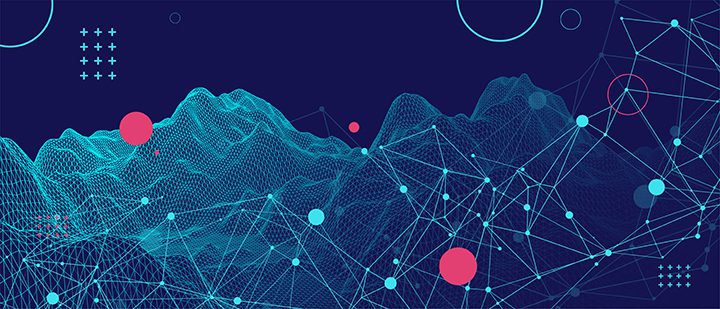
Data engineering is a critical part of data science. Most of the time, they occur together in business applications. However, there are some fundamental differences between them that you should be aware of when working with large amounts of data.
In this article, we will help you get a better idea about what data engineering is – and how it differs from data science.
1) Fundamental Difference: Data sets Size
Generally speaking, the bigger the data set size is – the more complex and technical task it becomes to analyze and process such an amount of information. Think of big companies like Google or Facebook; they usually need powerful equipment and complex algorithms to deal with their internal tasks and analytics (for example: trending articles on Facebook or search results). Hence, these companies hire many data scientists to help them with processing their huge amounts of structured and unstructured information.
2) Data Engineering is More Technical; Data Science is More Business Oriented
The main difference between data engineering and data science lies in the fact that data engineers operate on big, complex but more static datasets (which they usually only update very rarely), while the role of a data scientist can be thought of as follows: s/he analyzes the most recently available information, looks for patterns within it and then uses this knowledge to make business decisions based on real-time insight (and even predict future scenarios).
3) Data Engineering = ETL + ELT; Data Science = ML + DL
ETL stands for Extract – Transform – Load. It is a process that involves extracting data from databases, transforming it (in order to make it fit for consumption), and finally loading it into the required storage (which can be another database or file system, for example).
ELT stands for Extract – Load – Transform. This technique follows exactly the same process as ETL; however, if you use this one instead – you need to load your transformed dataset back into the original database (or file system) after all steps are done.
Machine Learning (ML) is a subset of Artificial Intelligence that allows computers to learn automatically by using specific algorithms in order to forecast future scenarios based on existing information. Deep Learning (DL), which builds Machine Learning, allows computers to learn automatically by using artificial neural networks build on the basis of machine learning algorithms.
4) Data Engineering makes Predictions; Data Science predicts the Future Prices of Stocks
You might have heard this phrase many times before – “data science is one of the fastest-growing professions”. This is because it relates to almost any profession out there (for example, finance or medicine). The advantage that data science has over other professions is that it allows the user to predict trends and make business decisions based on predicted outcomes rather than actual experiences. If you’re thinking about starting a career in data science, check out visualization tips for beginners. Also, brush up your skills with our practical guide to Python.
5) Data engineering uses Algorithms; Data Science uses Statistics
Algorithms are a set of rules and processes that guide computers in carrying out tasks. They usually deal with mathematical problems (such as linear algebra, calculus) but can also include information retrieval and logical reasoning systems. On the other hand, Statistics is about studying and interpreting numerical data; it’s one of the most popular research fields in social and formal sciences (and it plays an important role in mathematics). If interested in learning more about algorithms go here: Check out our article on python library sci-kit-learn, which provides some great examples of machine learning algorithms.
These were our thoughts on how data engineering differs from data science. Next time you start working with big amounts of structured or unused data, consider hiring a professional data engineer for extracting, transforming, and loading data in accordance with your needs. If you’re looking into data science careers check out community boards like Reddit Data Science page or Kaggle, which can help you learn more about the best ways to start a career in data science.
Conclusion:
Data Engineering and Data Science can be thought of as two different types of computer science professions which require specific skills and knowledge. While the former deals with managing, understanding, and extracting value from big (but more static) datasets; the latter is about analyzing recent data and making business decisions based on that information.
In conclusion, data engineering focuses on processing larger data sets, while data science is more about making predictions and business decisions. Although both fields are closely related to each other, they require different expertise and knowledge in order to be performed successfully.
